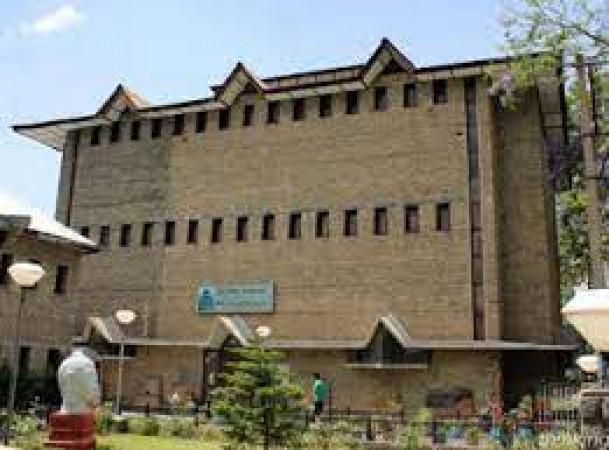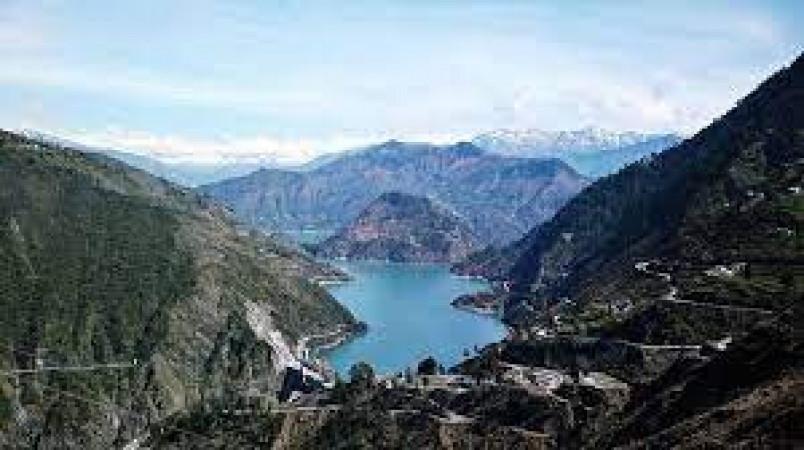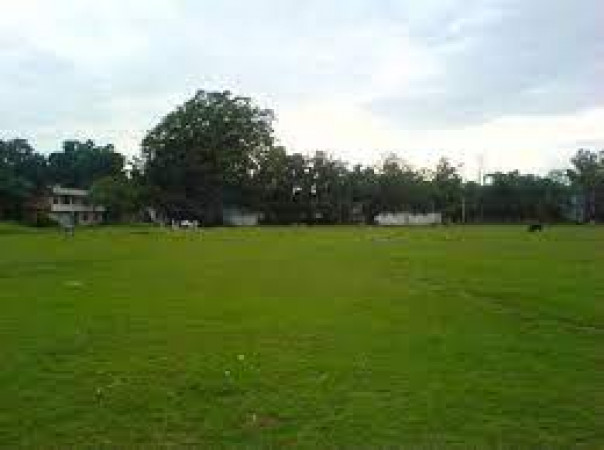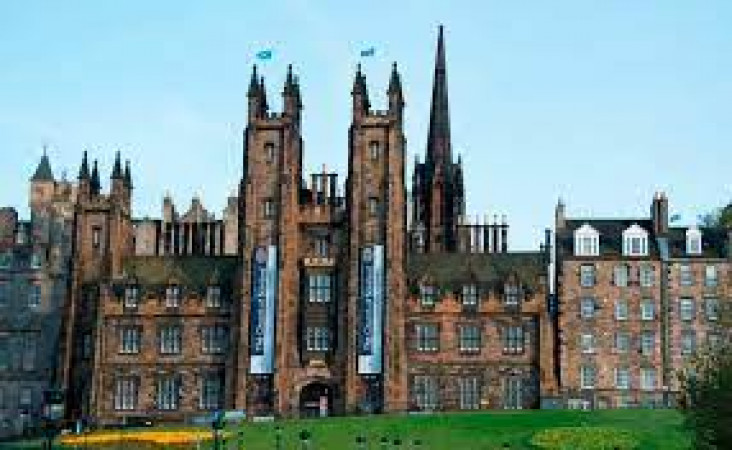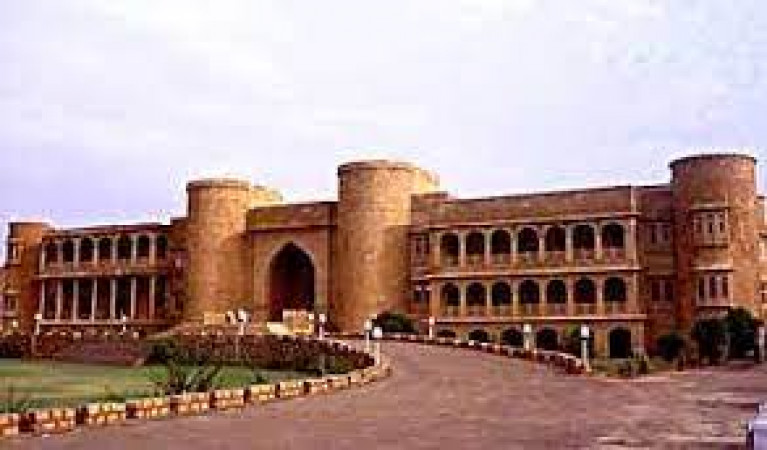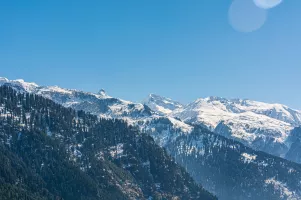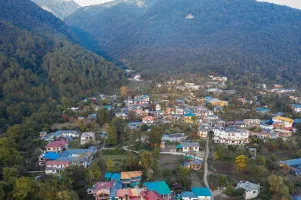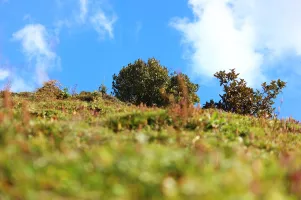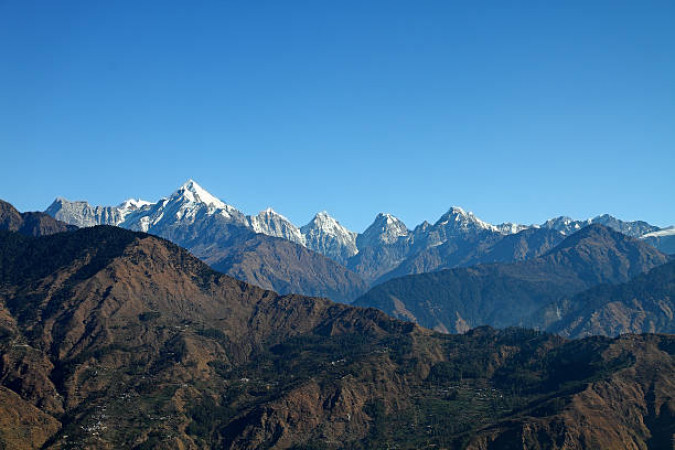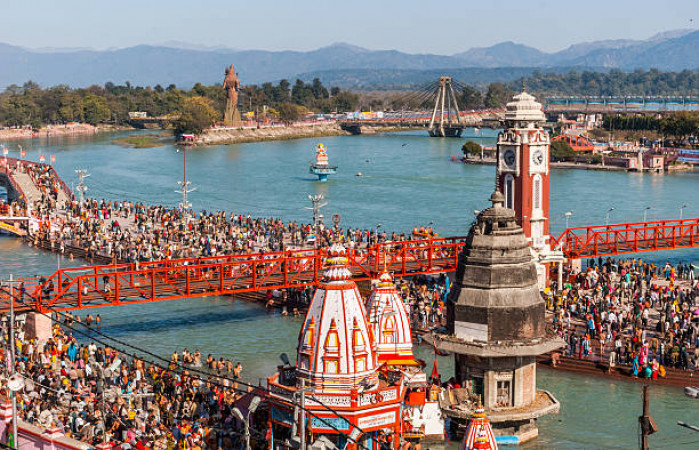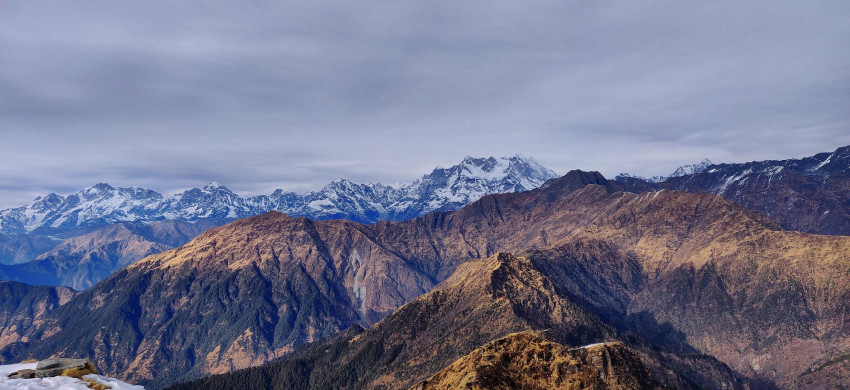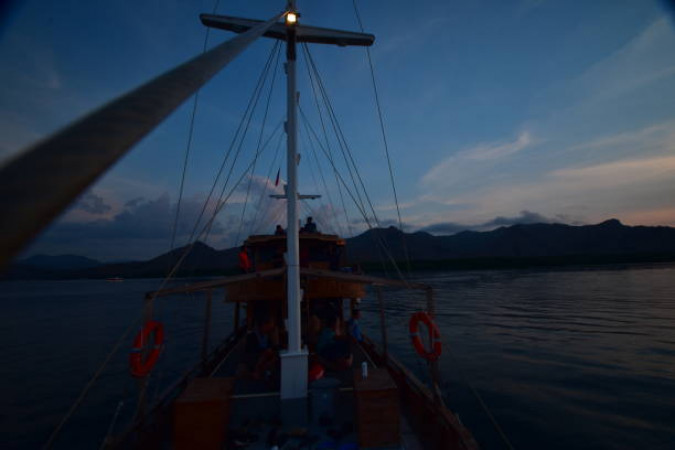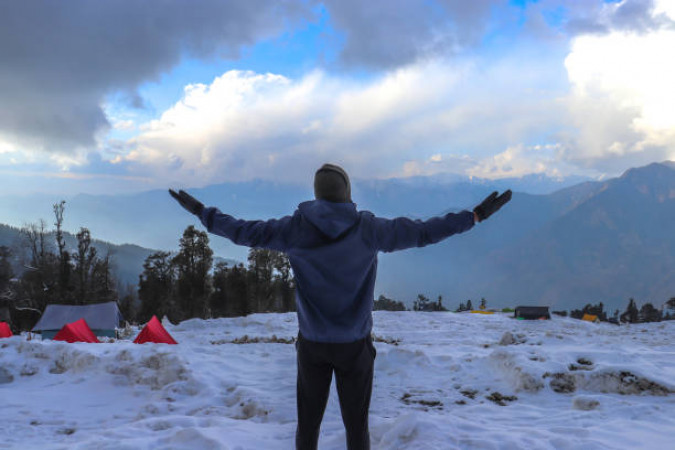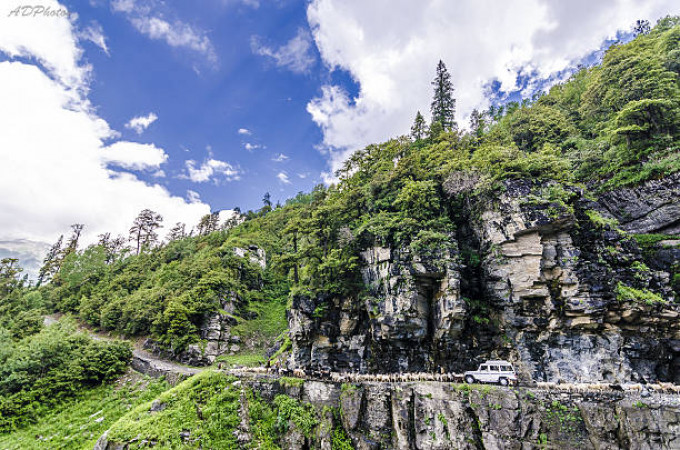
Chamba
Duration
2 to 4 Days
2 to 4 Days
Best time to visit
Mar-Jun, Sep-Nov
Mar-Jun, Sep-Nov
Theme
Hill Station, Heritage
Hill Station, Heritage
Chamba Travel Guide
Chamba, located in the picturesque state of Himachal Pradesh in India, is a charming town known for its rich history, stunning landscapes, and vibrant culture. Situated on the banks of the Ravi River, Chamba boasts ancient temples, lush green valleys, and snow-capped mountains, making it a popular destination for nature lovers and history enthusiasts alike.Top Attractions in Chamba
- Chamera Lake
- Laxmi Narayan Temple
- Bhuri Singh Museum
- Khajjiar
- Rang Mahal
Chamba is Famous for
Chamba is most famous for its ancient temples, intricate wood carvings, and the mesmerizing beauty of Khajjiar, often referred to as the "Mini Switzerland of India."Top Attractions in Chamba
- Explore the historic Chamera Lake
- Visit the exquisite Laxmi Narayan Temple
- Immerse yourself in art at the Bhuri Singh Museum
- Experience the beauty of Khajjiar, the "Mini Switzerland of India"
- Marvel at the architectural wonder of Rang Mahal
What's Great about Travelling to Chamba?
- Chamba is perfect for nature lovers seeking tranquility
- History enthusiasts will enjoy exploring the ancient temples
- Adventure seekers can indulge in trekking and paragliding
What's Not So Great about Travelling to Chamba?
- Travelers looking for a bustling city vibe may find Chamba too quiet
- Accessibility to certain remote areas may be limited
- Harsh winters can make travel challenging in some months
Travel Tips for Chamba
- Check visa requirements for international travelers
- Opt for private transportation for convenience
- Respect local customs and traditions
Important Chamba trip information
- Ideal Duration: A week to fully explore the attractions and relax in the serene environment.
- Best Time to Visit: The best time to visit Chamba is from March to June and September to November for pleasant weather.
- Nearby Airports and Railway Stations: The nearest airport is in Kangra and the closest railway station is in Pathankot.
Top 8 Places to visit in Chamba
Per Person
13,000
*EXCLUDING APPLICABLE TAXES 4.1 Ratings
( 26 Reviews )
( 26 Reviews )
Per Person
20,590
*EXCLUDING APPLICABLE TAXES 4.1 Ratings
( 26 Reviews )
( 26 Reviews )
Per Person
18,000
*EXCLUDING APPLICABLE TAXES 5.0 Ratings
( 201 Reviews )
( 201 Reviews )
Per Person
6,999
*EXCLUDING APPLICABLE TAXES 4.1 Ratings
( 26 Reviews )
( 26 Reviews )
Total
16,000
*EXCLUDING APPLICABLE TAXES Per Person
15,500
*EXCLUDING APPLICABLE TAXES 5.0 Ratings
( 16 Reviews )
( 16 Reviews )
FAQ's on Chamba
Q1: What is the best time to visit Chamba?
The best time to visit Chamba is during the summer months from March to June when the weather is pleasant and ideal for exploring the beautiful landscapes and outdoor activities. Another good time to visit is during the autumn months from September to November when the weather is cool and the region is lush green after the monsoon season. Avoid visiting during the monsoon season as heavy rainfall can lead to landslides and road closures.
Q2: Do I need a visa to travel to Chamba?
Most tourists traveling to Chamba will require a tourist visa. It is advisable to check the specific visa requirements based on your nationality before planning your trip. Some nationalities may be eligible for visa on arrival or e-visa facilities. Make sure your passport is valid for at least six months from the date of entry.
Q3: What are the must-visit attractions in Chamba?
Chamba offers a range of attractions for visitors. The must-visit places include the ancient Chamba Palace, Bhuri Singh Museum, Champavati Temple, Khajjiar - often referred to as the "Mini Switzerland of India," and the scenic Dalhousie hill station. Nature lovers can explore the Kalatop Wildlife Sanctuary and enjoy the panoramic views of the Himalayas.
Q4: Is Chamba a safe place to travel?
Chamba is generally a safe destination for travelers. Like any other place, it is advisable to take common safety precautions such as safeguarding your belongings, avoiding isolated areas at night, and being cautious of your surroundings. Stay informed about local news and respect the local customs to have a safe and enjoyable trip.
Q5: What is the local currency in Chamba and can I use credit cards?
The local currency in Chamba is the Indian Rupee (INR). ATMs are available in major towns like Chamba and Dalhousie, but it is recommended to carry sufficient cash, especially when traveling to remote areas. While credit cards are accepted in some hotels and restaurants, it is advisable to carry cash for smaller establishments and local markets.
Q6: What is the local cuisine like in Chamba?
Chamba offers a mix of traditional Himachali cuisine with influences from Punjabi and Tibetan dishes. Some popular dishes include Sidu (steamed bread), Madra (chickpea curry), Babru (black gram stuffed bread), and Chha Gosht (spicy lamb curry). Vegetarian options like Chana Madra (chickpea curry) are also widely available. Don't miss trying the local sweets like Mittha (sweetened rice) and Meetha Bhaat (sweet rice).
Q7: What transportation options are available in Chamba?
In Chamba, travelers can access transportation options like buses, taxis, and private cars for local and intercity travel. Public buses connect Chamba with nearby towns and cities. Taxis are available for hire for more flexibility in exploring the region. Additionally, car rental services are available for those who prefer to self-drive and explore at their own pace.
Q8: Are there any cultural norms or etiquette I should be aware of when visiting Chamba?
When visiting Chamba, it is important to respect the local customs and traditions. Dress modestly, especially when visiting religious sites. Remove shoes before entering temples and other religious places. Seek permission before taking photographs of locals, and always greet people with a smile and a respectful "Namaste." Avoid public displays of affection, and be mindful of local sensitivities to ensure a culturally sensitive and enriching experience.
Q9: I am a travel agent. How can I buy travel leads of Chamba?
Register yourself as a travel agent at agents.tripclap.com and then you can buy travel leads to Chamba once your account is approved. For more details contact our support team at +91-8069186564 or support@tripclap.com
